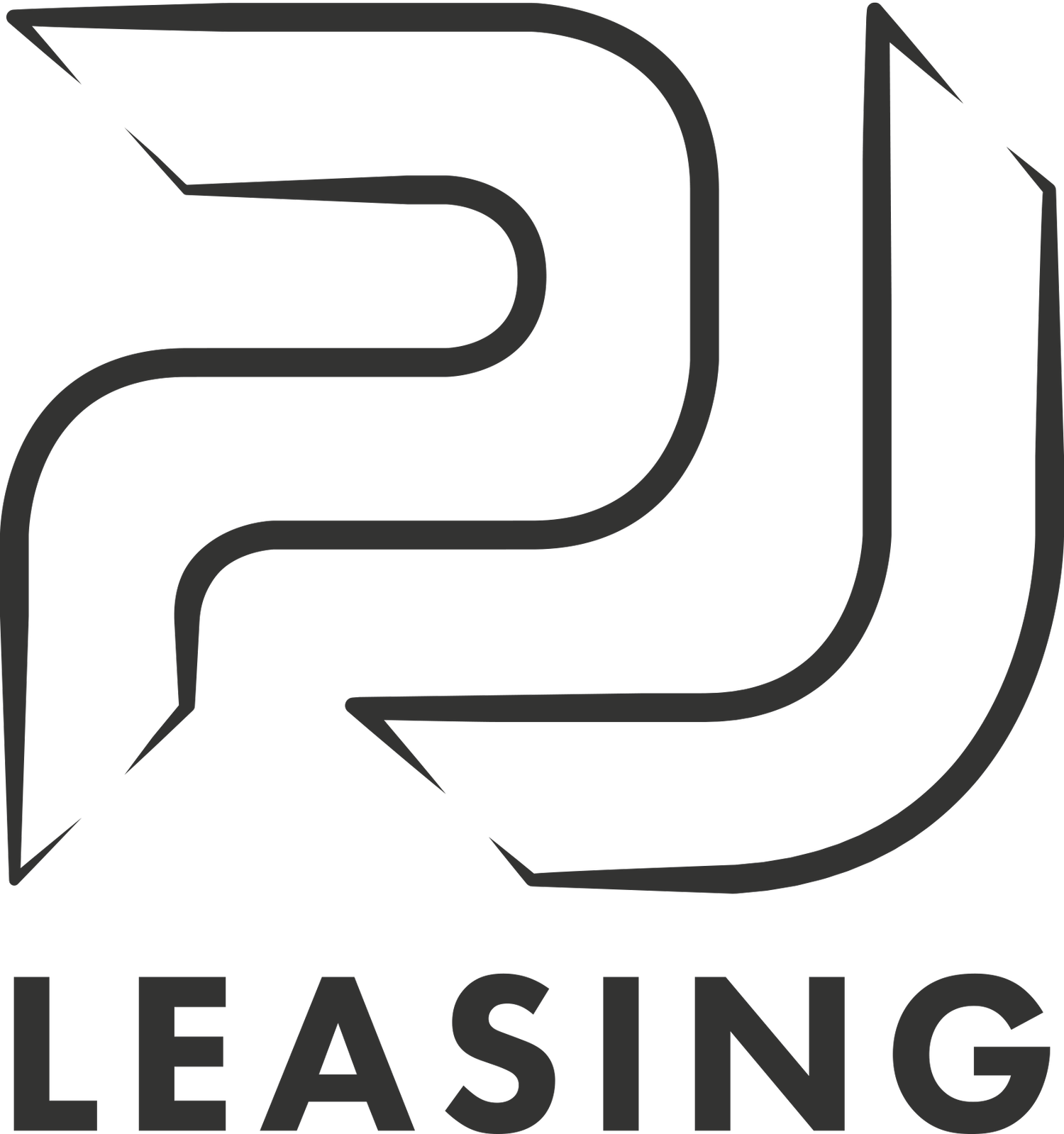Long-Term Car Leasing Guide for First Timers
Many people lease a car because it’s a cheaper way to drive a new vehicle, especially when the car they want is out of their purchase price range.
Basically, a car lease is an agreement wherein you rent a car for a period of time, typically two to four years or longer. You pay some money upfront followed by monthly payments for the term of the lease. When the term ends, you hand back the keys to the leasing company.
It sounds simple enough, but there are a few things you need to understand to ensure you get the best deal.
Does Leasing Make Sense for You?
Leasing is a great financial instrument for driving a new car, but it’s not for everyone. Like buying, it does come with a few drawbacks:
Since you are essentially renting the car, you don’t have equity in it that you can use toward buying another vehicle.
Leasing several cars over time will likely exceed the price of buying a new or used car
Lease terms have mileage limits, and there are penalties if you exceed the number of miles in your contract.
Penalties also apply if you return the vehicle before your contract expires or when the car has considerable damage upon returning it.
That being said, leasing is definitely better than buying if and when:
You wish to drive top-of-the–range models or luxury cars
You drive carefully and can maintain the car’s exterior and interior
You won’t likely exceed the typical 10,000-15,000 miles/year mileage cap
You want to drive a different car after a few years
Leasing Costs
Generally, a car lease is cheaper than the purchase price of a new or used vehicle. But there are other fees and costs involved in addition to your initial down payment and monthly payment. These include:
The money factor. Car leases have what is called a money factor (a.k.a. lease factor) as a way of presenting the amount of interest charged on a lease. To know its equivalent annual percentage rate (APR) interest, simply multiply the money factor by 2,400.
Acquisition fee or administration fee.
Registration and tag fees to be paid up-front. These amounts will depend on your car’s make and model.
Security deposit. This is often equal to 3 monthly lease payments paid in advance, and could be applied as your final payment to help cover any excess mileage or significant damage to the car at the end of the term.
Disposition fee. Paid at the end of your lease, this fee is applied as compensation for the cost of disposing or selling your car.
Sales tax on the depreciated value of the vehicle during the lease term. This is usually spread out among your monthly payments. Nevertheless, some states require car lease tax on the full capitalized price of the car, which must be paid upon signing the lease. It pays to do your homework on this before getting a lease.
Car insurance. You will normally be required to get a minimum amount of car insurance, just like when you’re financing a car through banks. However, you may want to consider adding specialty gap insurance to your policy. This type of insurance covers the costs if your leased car gets stolen or totalled.
Tips When Leasing
First, decide what type of car you want or need, e.g. an SUV, a sedan, or a 4×4. From there, you can make a list of models that fit your price range. Check out vehicles with high dependability, modern safety features and favourable gas mileage, so you can lessen your driving and maintenance costs. Remember, these are on top of your lease payments.
Ask to take the car for a test drive so you can rate the vehicle’s performance, comfort, and reliability on the road. In addition to test driving the car, ask for a quote so you can compare the models you have chosen and figure out which one you are comfortable paying for. When reviewing quotes, it’s important to look at the total lease costs rather than just the down payment or monthly payment itself. The larger the initial payment, the lower your monthly tab will be, and vice versa.
Once you sign the contract, you are locked in and obligated to the terms and conditions of the lease. Make sure to review the lease term, mileage limit, the fees and costs involved, maintenance rules, applicable penalties, and so on.
As you would any contract, read the fine print first before signing on the dotted line. If you are still unsure, ask as many questions as necessary and don’t feel pressured to make a decision on the spot.
Feel free to check out our range of sedans, SUVs, vans, and people carriers. Or, if you have a specific car make or model in mind, call us at 07768 703677!
